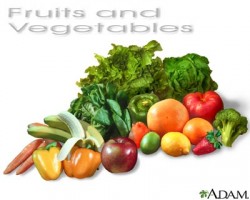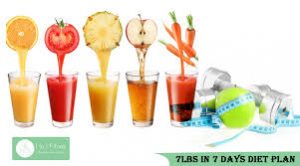Butternut squash
Winter squashes like creamy butternut (try one of these delicious butternut squash recipes) are sky high in belly-filling fiber and relatively low in calories—just 63 per cubed cup!—meaning they fill you up without filling you out. Butternut is also a potent source of beta-carotene and vitamin C, both antioxidants that will help keep your immune system in top shape so you can be active and ready to exercise or move your body more all season long. Simply roast them to bring out their natural sweetness, or whip them into this Roasted Squash and Apple Soup.
Sweet potato
Like squash, sweet potatoes pack filling fiber and immune-boosting vitamins. They're also far lower on the glycemic index scale than white potatoes, meaning they won't spike blood sugar as drastically, which can lead to fewer carb cravings later on. For the ultimate clean winter comfort food, try this Curry Sweet Potato and Chickpea Stew.
Oatmeal
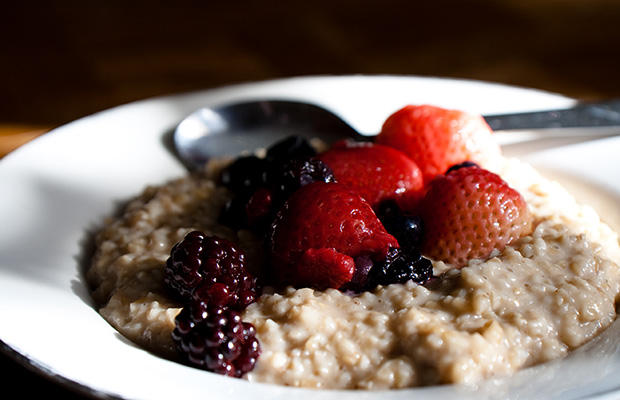 Image by Brandon Dimcheff/Getty Images
Image by Brandon Dimcheff/Getty Images
Oatmeal is the perfect winter breakfast—and not only because it's warm, comforting, and the perfect vehicle for delicious toppings like walnuts and banana slices. It's also chockfull of prebiotic fiber, a type of fiber that selectively feeds good bacteria in your gut and may positively influence how your body stores fat, balances blood sugar, and releases hormones that control fullness and hunger.
Citrus
Oranges, grapefruits, and clementines are loaded with belly-filling fiber and vitamin C, but their more surprising weight loss power lies in their scent. Just one whiff of citrus fruit has been shown to be calming, which can reduce the likelihood of stress eating—a common reason many pack on pounds over the holidays and winter months.
Chili
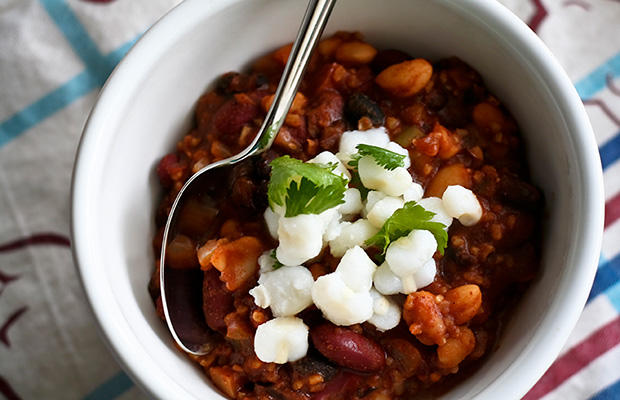 Image by Melissa Camero/Getty Images
Image by Melissa Camero/Getty Images
Most chili recipes call for tons of protein- and fiber-rich beans, which are extremely satiating—after all, how many bowls of bean-packed chili can you eat without feeling totally full? But chili is also loaded with chili powder or fresh chilies, both of which contain capsaicin, a phytochemical known to raise metabolic rate that has been associated with reduced risk of obesity and metabolic syndrome.
Swiss chard (cooked)
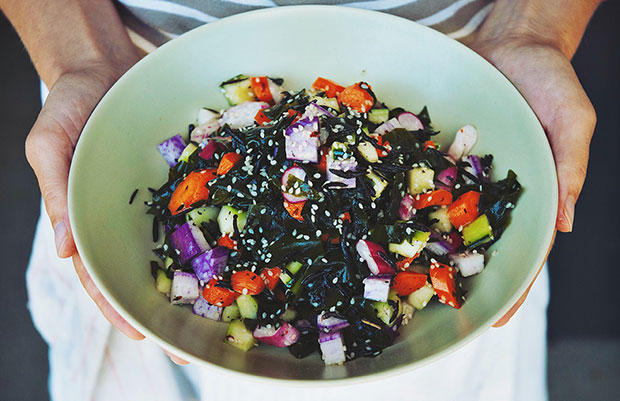 Image by talimelekalikimaka/Getty Images
Image by talimelekalikimaka/Getty Images
Cooking actually boosts the amount of magnesium and calcium in this winter green, which you need more than ever right now. Getting adequate levels of these two minerals helps reduce the cravings for sugar and refined carbs we can all feel during winter's darkest months.
Pomegranate seeds
Pomegranate seeds, or arils, pack a weight loss secret weapon that their liquefied counterpart doesn't have: fiber! What's more, they're super-low in calories—and super-easy to extract from fruit. Sprinkle them on some oatmeal or pair with protein in these Whipped Ricotta Pomegranate Parfaits.
Brussels sprouts
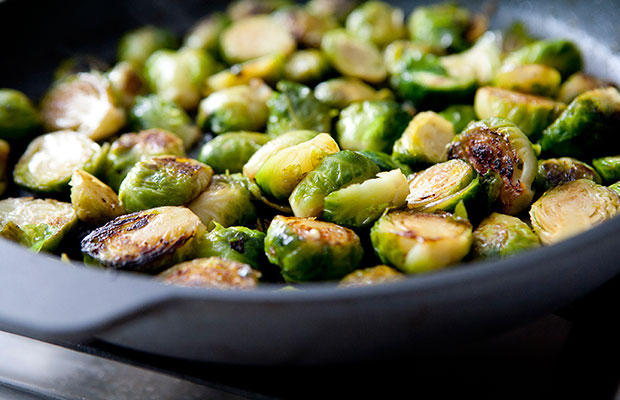 Image by Ray Kachatorian/Getty Images
Image by Ray Kachatorian/Getty Images
The cruciferous vegetable du jour is basically a tiny nugget of awesomeness. Just 10 sprouts deliver 6 g of protein and 7 g of fiber, making them one of the most filling veggies around—and all for just 80 calories! Not sure you can jump on the mini cabbage bandwagon? These 13 Fantastic Brussels Sprouts Recipes will convince you.
Pears
Bosc and Anjou pears—two winter varieties—have tons of fiber, with one medium fruit containing 6 g, or about a quarter of your daily value. Most of the fiber is in the skin, so be sure not to peel them. For extra slimming benefit, add a handful of almonds, which will help balance the sugar in the fruit and, thanks to their high amounts of magnesium, help curb junk-food cravings.



